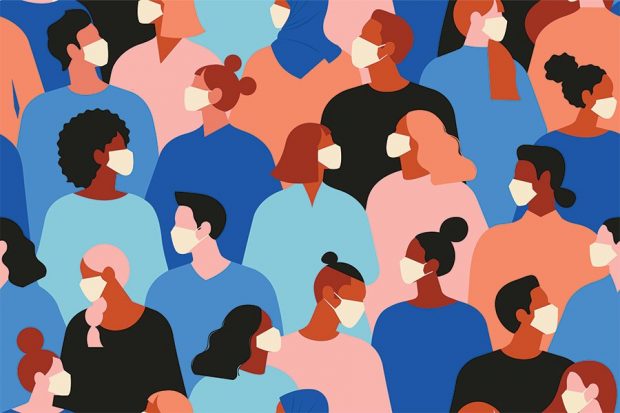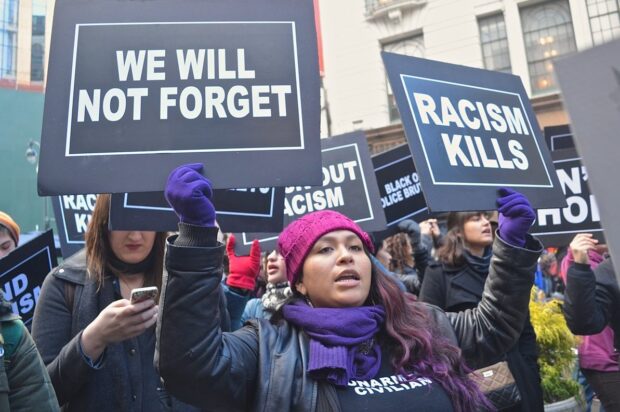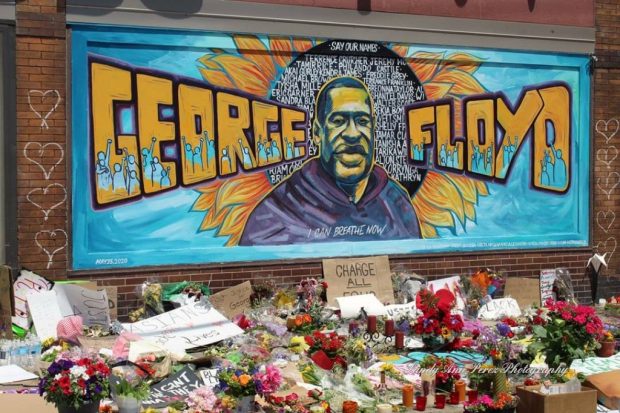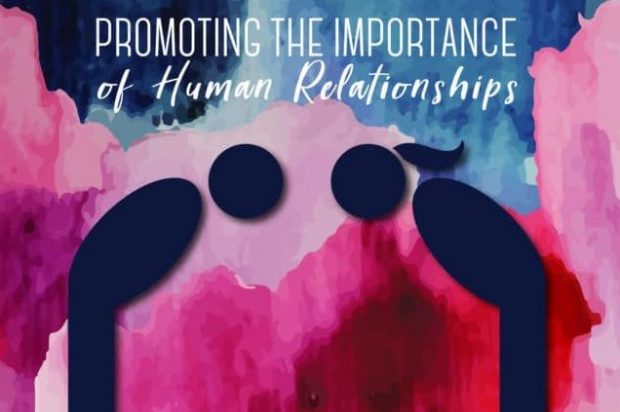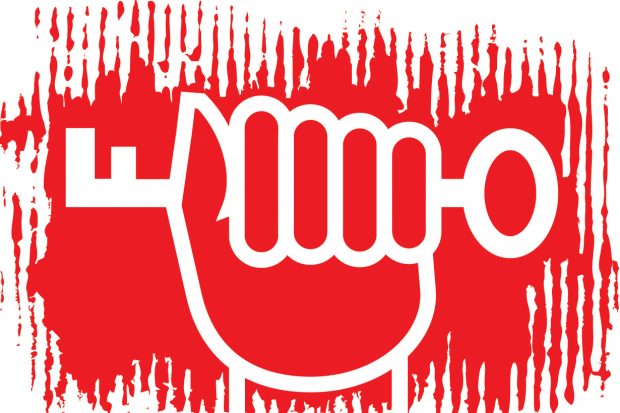Society
As Chief Social Workers for Adults, part of our national leadership is to role model anti-racist and anti-discriminatory practice. We are therefore looking forward to working together to implement the social care Workforce Race and Equality Standard (WRES) in 18 local authorities from April 2021. In this blog, Isabelle Trowler, Chief Social Worker for Children …
Throughout this coronavirus pandemic, we have been reminded again of the devastating impact societal inequalities have had on the health and wellbeing of Black, Asian and ethnically diverse (BAME) citizens. The recent Public Health England report highlighted the need for us to finally act and consider the unacceptable impact such inequalities have always had on …
Diana Katoto is a student at the University of Birmingham, studying a BA Social Work. She has a passion for social justice and prides herself on promoting human rights. The tragic death of George Floyd in the United States has prompted her to write this heartfelt and challenging blog. Diana tasks our social work profession …
Over the past few days, those of us in the Office of the Chief Social Worker for Adults and the Office of the Chief Social Worker for Children and Families have been shocked and horrified by the death of George Floyd. The subsequent outpouring of anger, despair and emotion that has followed has focused our …
A month ago, Mark Harvey and Fran Leddra, Joint Chief Social Workers for Adults, were finalising their annual report and filming a video message to release on World Social Work Day. Like the rest of us, they now find themselves in a period of uncertainty and worry. With this in mind, they reflect on what …
As populations and societies around the world continue to age, grow and diversify, so too does the risk of consciously or unconsciously oppressing individuals based on an increasingly complex and interlacing range of cultural, ethnic, biological, political and economic factors. It’s an area of practice close to Professor Claudia Bernard’s heart. As Professor of Social …
In our social work with adults blogs this year we will be introducing thought provoking themes and ideas from across the sector. Ones that may challenge us, others that we can relate to, but all that will hopefully engage us …
In 1918, women over 30 obtained these right following years of campaigning. As we move towards a general election it is important to remember that many of our citizens and neighbours who have the right to vote may still find this a challenge - a challenge we find in social care but one that social …
Human trafficking and modern-day slavery remain a very real experience for far too many people in the UK and across the world today. Today is Anti-Slavery Day and we wanted to use our social work blog to highlight the very painful realities of its effects on people and our roles as social workers as being …
I am delighted to be an opening speaker at the 9th International Social Work Conference: Shaping the Future - promoting human rights and social perspectives in health and mental health. Social workers from all over the world are gathering in …

